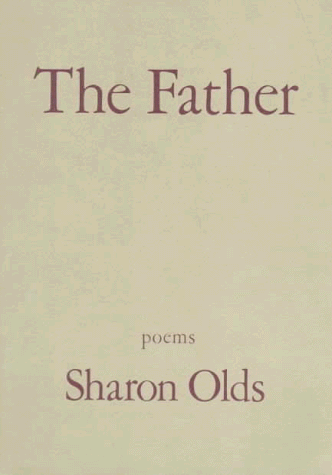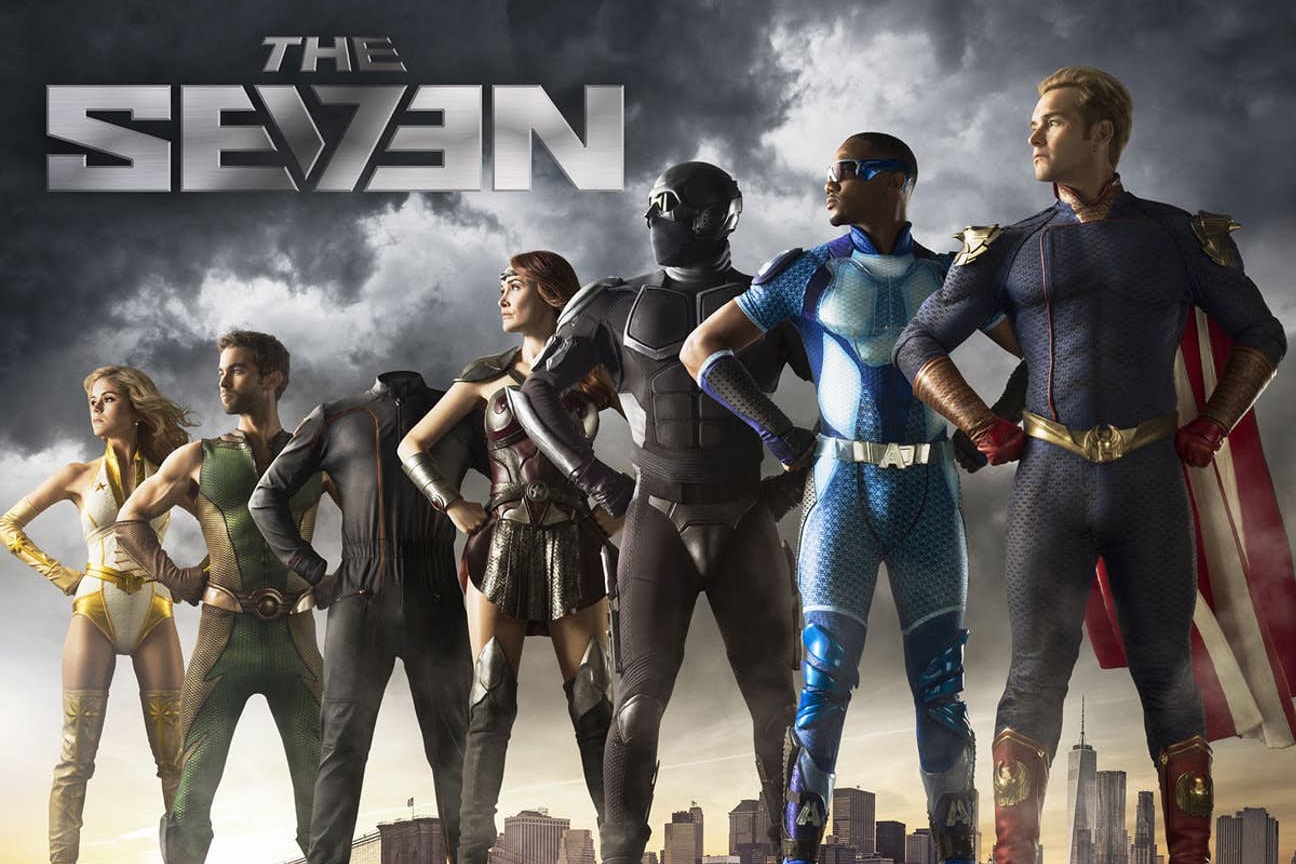Cold in July
by Joe R. Lansdale
Tachyon Publications
General Fiction (Adult) , Mystery & Thrillers
Ann hears a noise and wakes her husband, a young father, to
listen. He hears the sliding glass door open, so he grabs his .38 and ventures
downstairs to greet his uninvited guest, who is passing a flashlight over the
walls including a cheap landscape painting, which the narrator cover a Picasso
(probably a joke since the subject doesn’t come back up).
When the two men meet, face to face, the narrator freezes
and the burglar gets the first shot, missing the narrator which finally wakes
him to action, putting a bullet in the burglar’s head.
The cops investigate the scene and recognize the burglar as
Freddy Russel, who like his father, has been in and out of prison. They take
the narrator down to get his and his wife’s statements. They assure him it’s an
easy case of self-defense.
Ann and the narrator clean up the mess back home. The
narrator struggles with guilt that even the temptation of snuggling with his
wife can distract him from.
Even through the next day, guilt plagues him, despite the
kudos he receives from the locals who all already know. Thinking of the
burglar’s sparsely attended funeral, he drives to the cemetery to watch, despite
the police chief warning him not to. The burglar’s father is there, none too
pleased. He makes veiled threats about the narrator’s son, Jordan, kicking off
the next series of crises where the narrator has to do what he can to protect
his family.
Joe Lansdale described his novel, Cold in July, as having come from a dream. It doesn't feel exactly dreamlike, but it does have an unusual structure (I described Dan Braum's short novel as having a similar shifting structure over here but this one doubles Braum’s).
Joe Lansdale described his novel, Cold in July, as having come from a dream. It doesn't feel exactly dreamlike, but it does have an unusual structure (I described Dan Braum's short novel as having a similar shifting structure over here but this one doubles Braum’s).
It’s a story of manhood: what it is, what a man has to do.
By the end, it becomes less and less clear of the necessity of the narrator''s involvement
although some might claim that, yes, he needs to be involved, yet the novel has
to work to justify this involvement. That, though, may only make the
investigation of what makes a man all the more interesting.
To some extent, manhood is always under the microscope in a
Lansdale tale, but I have yet to read a more thorough investigation by Lansdale.
#
What follows becomes less of a review than a discussion of
the work itself. If you read the novel, consider that a pass key to the rest of
the discussion. If you haven’t read the novel, note that the literary police
are watching you on your computer cameras and will raid your house if you read
on.
Warning: Spoilers (to an extent)
The novel’s structure is unusual. That it works, throws into
question structural plots. We open with a thriller, followed by a mystery, and
end with a vigilante justice tale. Other plots, such as psychological (guilt
about killing, guilt over fatherhood), might be thrown in as well. What holds
the novel together is the question of manhood. What is it? This is what I love
most about the novel. It isn’t just blind acceptance or total questioning of
what manhood is, yet to some extent it expects us to accept some manhood
justifications that should be questioned if not necessarily jettisoned.
When they find out Freddy Russel isn’t Freddy Russel, the
protagonist has less and less reason to be in the novel. In fact, the novel
focuses more and more on the other men. The protagonist does gain a lost father,
perhaps finds his own fatherhood (if it was ever in question—which maybe it is
since he has taken off, leaving his son, to go on an adventure he doesn’t have
to take).
In this regard (not in the excitement department, which doesn't flag), the novel is flawed yet so is manhood. So maybe that’s all
right.
#
I didn’t realize at first that this had been made into the
movie. The movie departs in that the narrator isn’t justified in shooting an unarmed
burglar and he slips on the trigger, which may be a more interesting
question—something that could trigger more guilt (although the question of
guilt melts away in both book and movie as soon as the narrator has to protect
his son).
In both the novel and movie, the narrator discovers that Freddy
isn’t Freddy, but the movie lacks motive for literally throwing Russel Sr. on
the train tracks. The perpetrators have no call to do so and aren't challenged for doing this (although that does make
it easier to make the narrator and Russel Sr. sudden allies, which makes less
sense in the novel).
The movie has a more visceral motive to launch the boys into
a vigilante story. The protagonist and I had to turn our heads. Still, for the
most part, the narrative and themes are intact. Both are worth checking out.

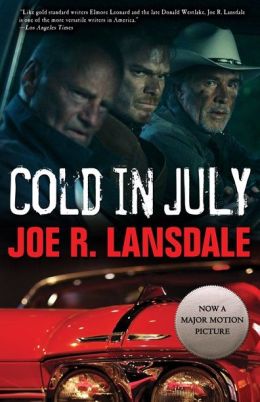

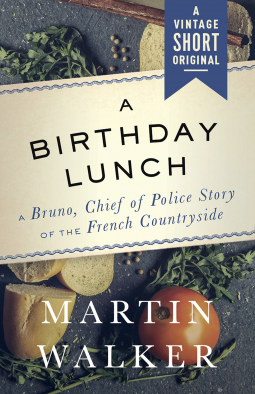

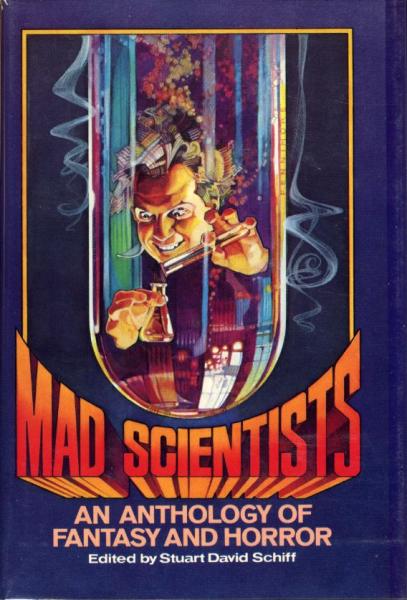

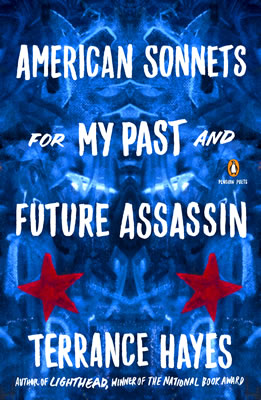
![The Serpent's Shadow by [Braum, Daniel]](https://images-na.ssl-images-amazon.com/images/I/61ms48j3laL.jpg)
